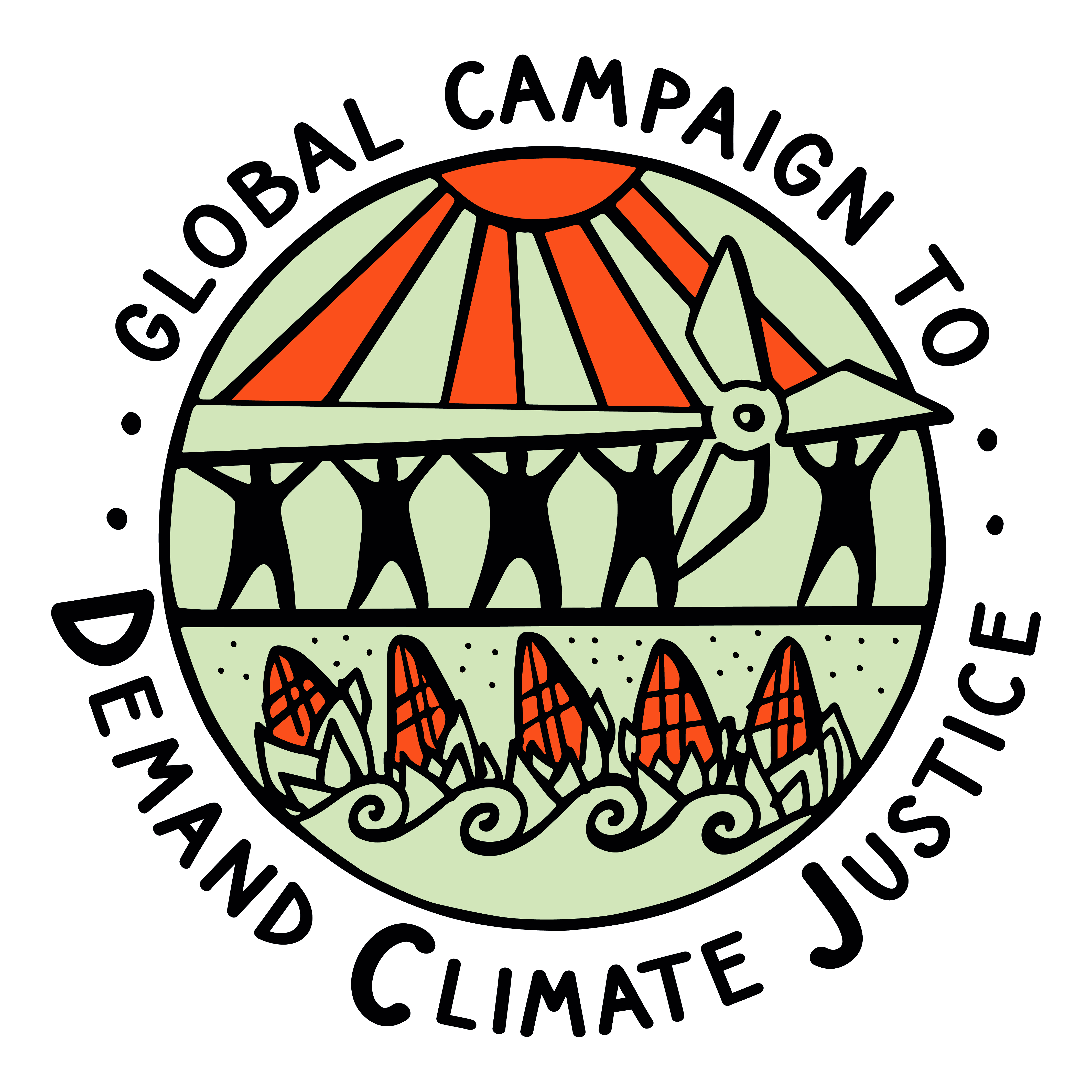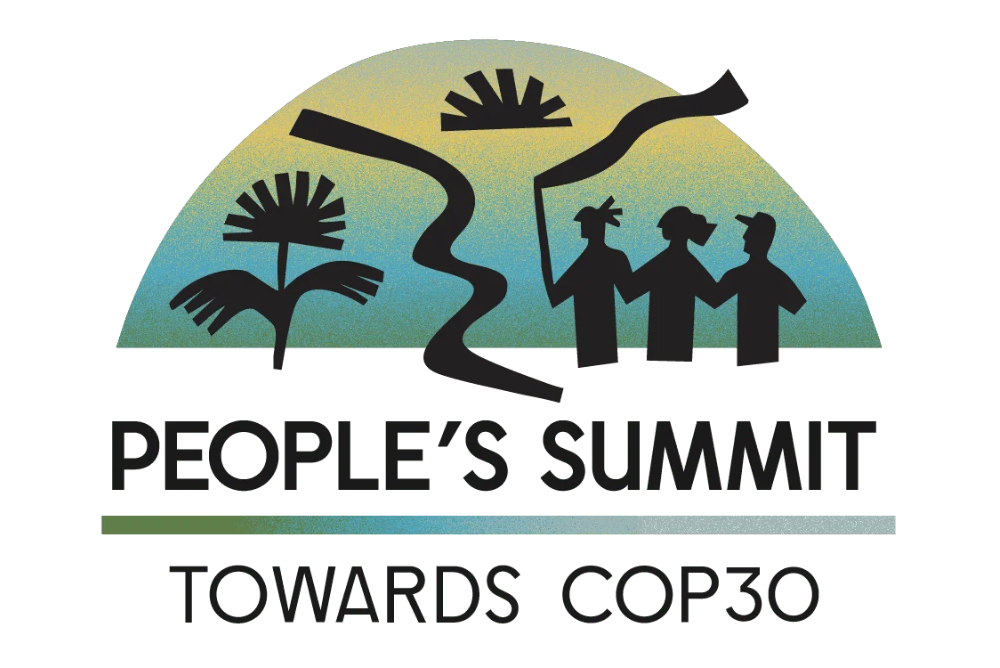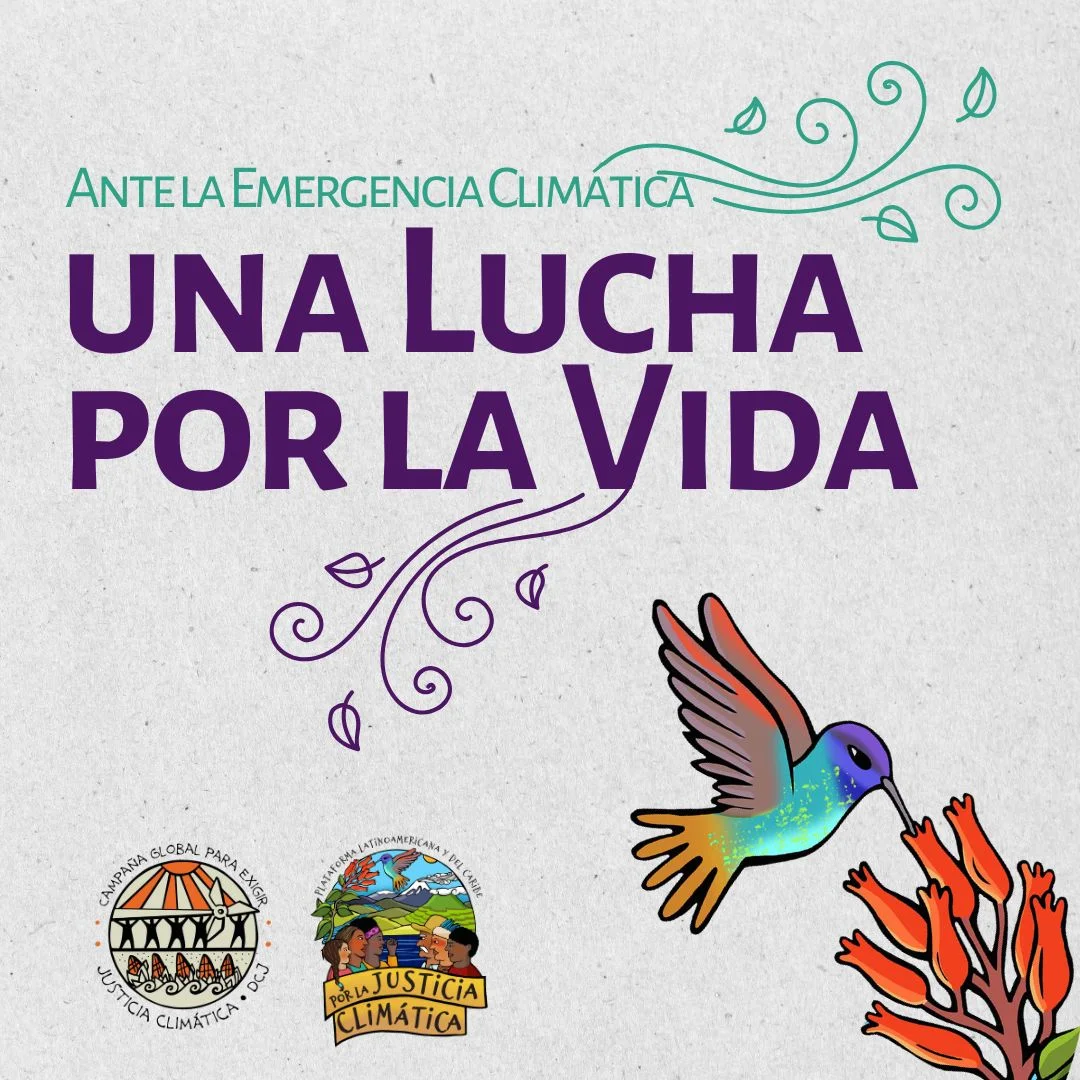
November 25, 2025
La COP30 logra victorias limitadas pero cruciales a pesar de la obstrucción y la evasión financiera del Norte Global.

November 22, 2025
COP30 delivers limited but crucial wins despite the Global North Obstruction and Finance Evasion

November 18, 2025






